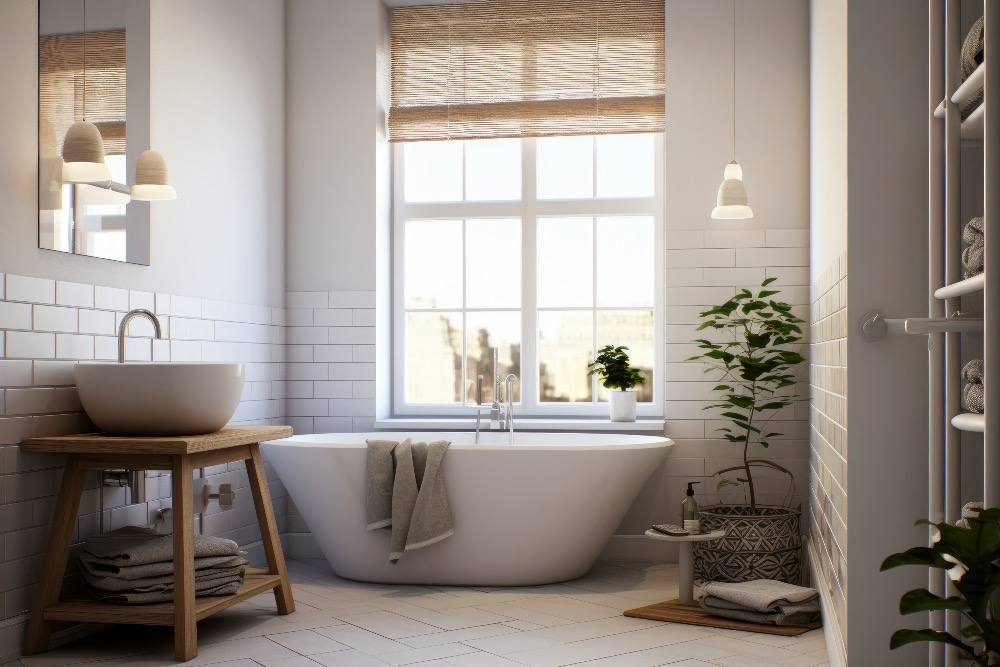Why is Copper Used For Water Pipes?
Copper plumbing fittings offer several benefits, including their resistance to corrosion, durability, longevity, and cost-effectiveness. Copper's natural oxide layer and inherent chemical properties make it highly resistant to corrosion, making it an ideal material for plumbing systems that should be durable and long-lasting. Copper plumbing fittings are a reliable and cost-effective choice for homeowners and businesses alike. Find out more why here.

